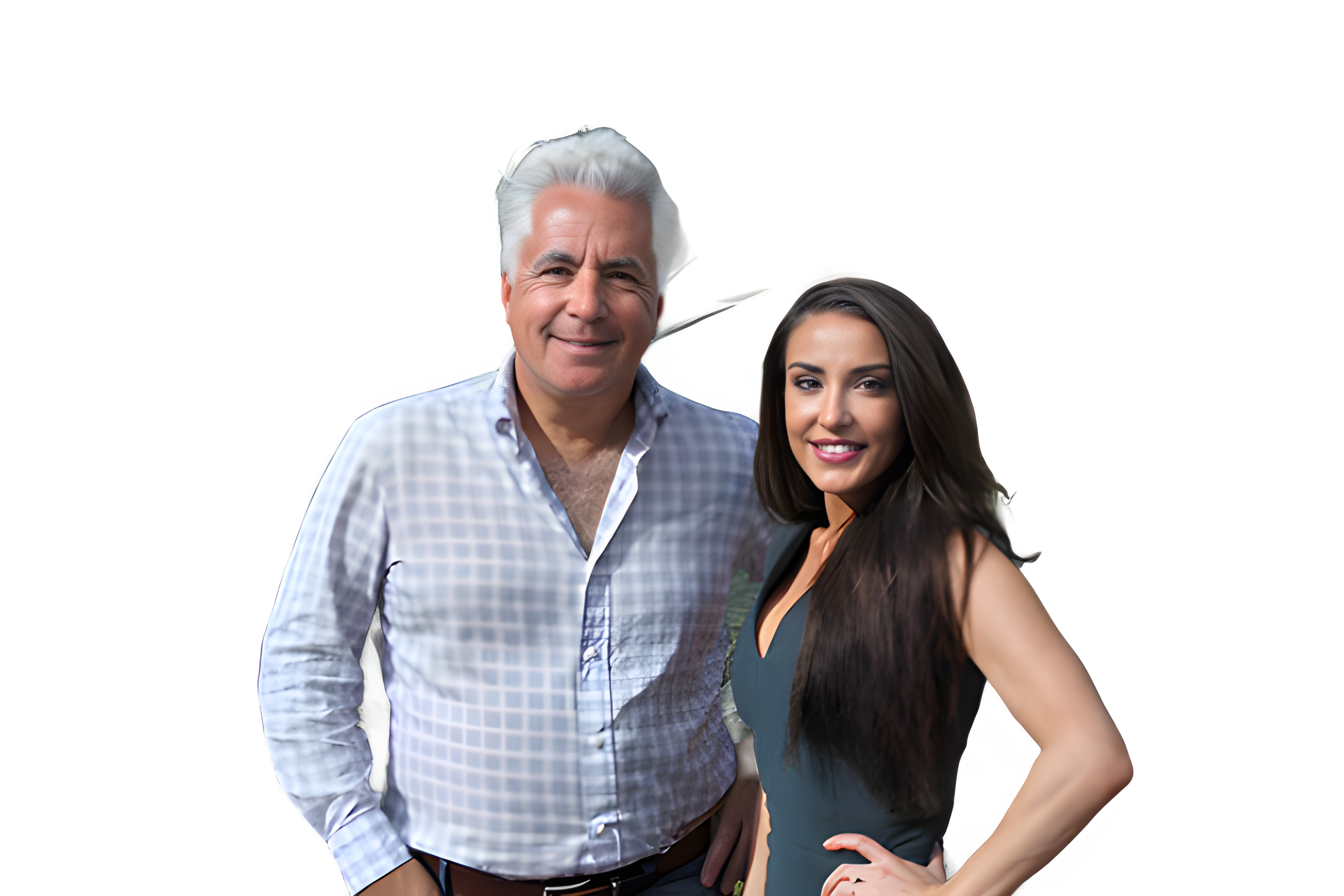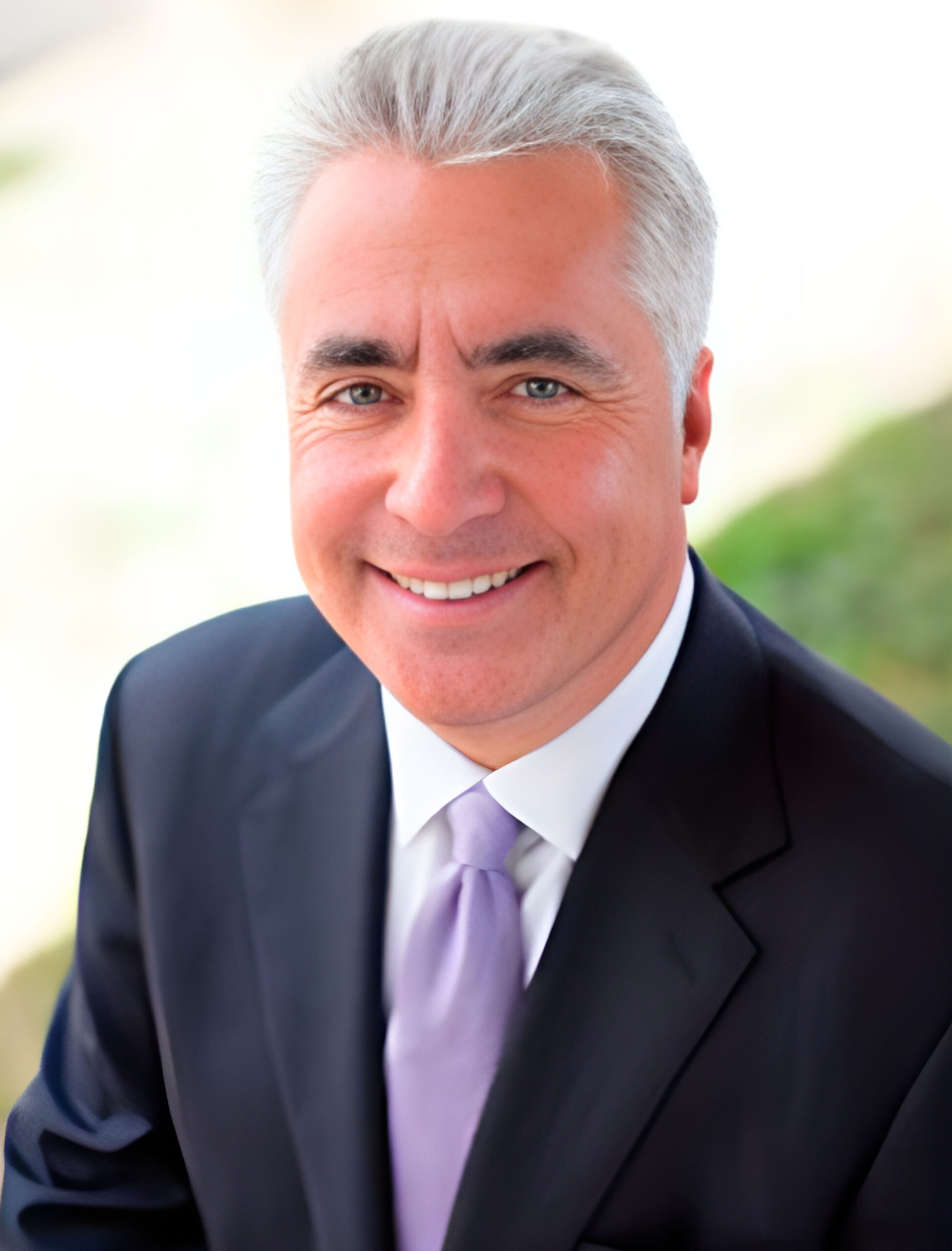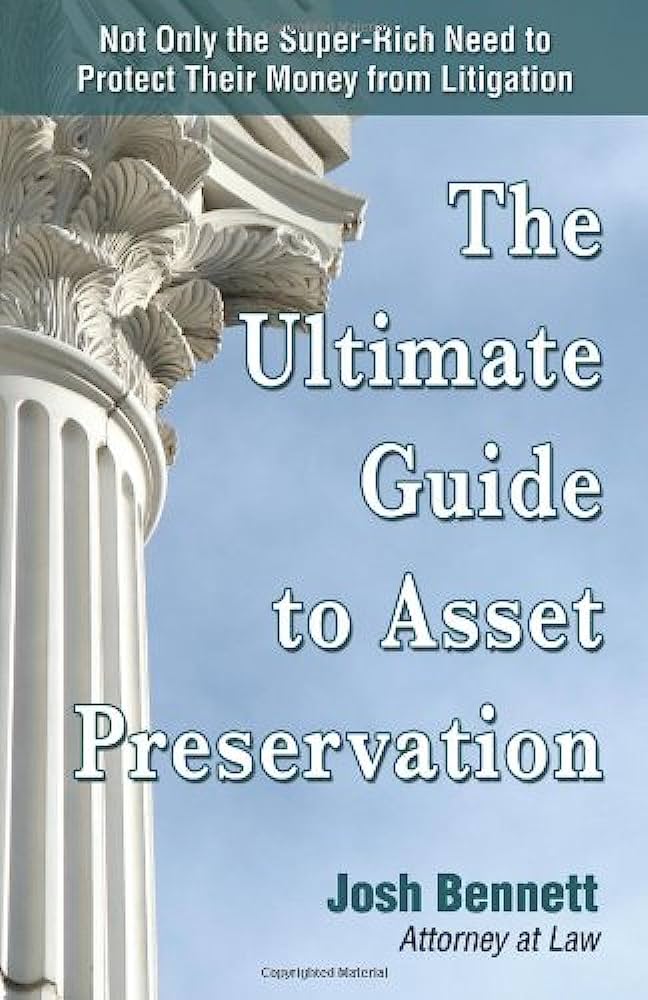Josh Bennett
Asset Protection Law Firm
Asset Protection Law Firm
Josh N. Bennett Nicole Dambra-Foretich
Dedicated To Protecting

BennetT & Foretich
About Us
As asset protection attorneys, we are dedicated to helping individuals and businesses safeguard their assets and financial well-being. With years of experience and a deep understanding of the law, we provide comprehensive legal solutions to protect your wealth from potential threats such as creditors, lawsuits, and tax liabilities.
Our approach is to work closely with our clients to assess their unique needs and develop a customized strategy that aligns with their goals. We provide expert guidance on a range of asset protection tools, including trusts, LLCs, and other legal entities, to create a secure and effective shield around your assets.
We pride ourselves on our professionalism, integrity, and commitment to providing exceptional service to my clients. Whether you’re a high-net-worth individual or a small business owner, we are here to help you protect what you’ve worked so hard to build. Contact us today to schedule a consultation and learn more about how I can help you safeguard your assets.

Bennett & Foretich
Protecting Your Assets
If you woke up and found a process server at your door with an unexpected lawsuit in his hand, would you be facing the possible loss of your life savings? Or, are your assets protected?
OUR PRACTICE AREAS
questions
Frequently Asked Questions
“Protecting assets” means protecting your personal assets from creditors and lawsuits. It is a simple matter of being responsible for maintaining your wealth. The alternative is to take the very real risk that a careless business decision, a traffic accident, or someone filing a lawsuit against you for no valid reason will deprive you and your family of all the money you have spent a lifetime accruing.
American society has become a litigious one, a popular way not only for the people who file suits to become wealthy, but for their attorneys as well. Lawyers work on a contingency basis, collecting one-third to one-half of the assets they get for their clients. This is a huge incentive for a lawyer to work very hard to get as much of your money as possible in a lawsuit. Many wealthy individuals rank the fear of lawsuit as one of their biggest financial concerns, and with good reason.
No, absolutely not. As long as asset planning protection is done in advance of any legal/liability situation, it is completely legal. Once creditors are after you, once a suit has been filed, it is often too late to protect your assets.
Appropriate asset protection planning is the use of practical and sophisticated business and estate planning to place your assets safely and securely out of the reach of others.
Bennett & Foretich
Articles by
Josh Bennett
- How the Next Treasury Secretary Could Impact Your Tax Situation
- Domestic Asset Protection Trust Interview:
Get In Touch with us!
Fill out for a consultation











